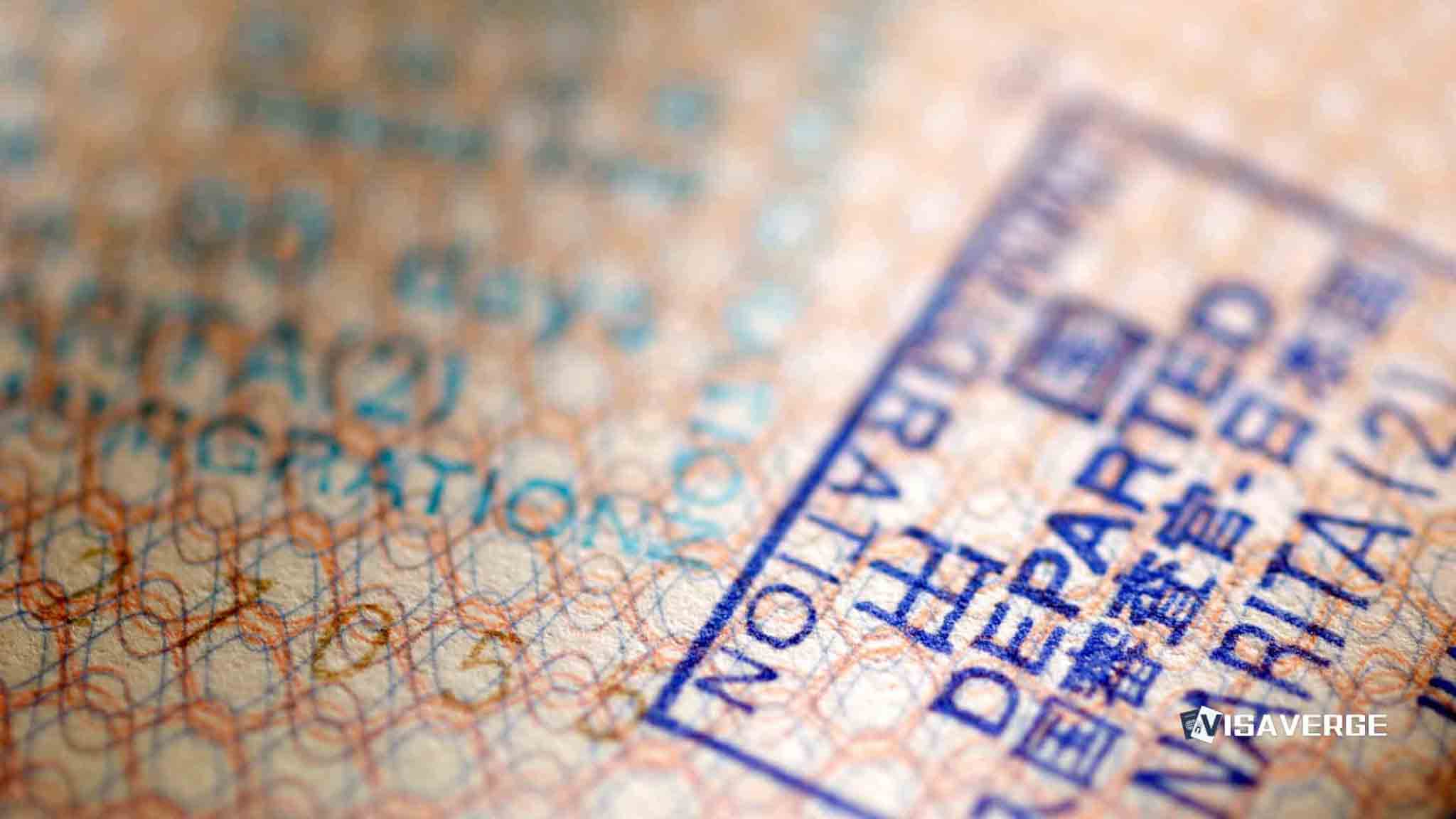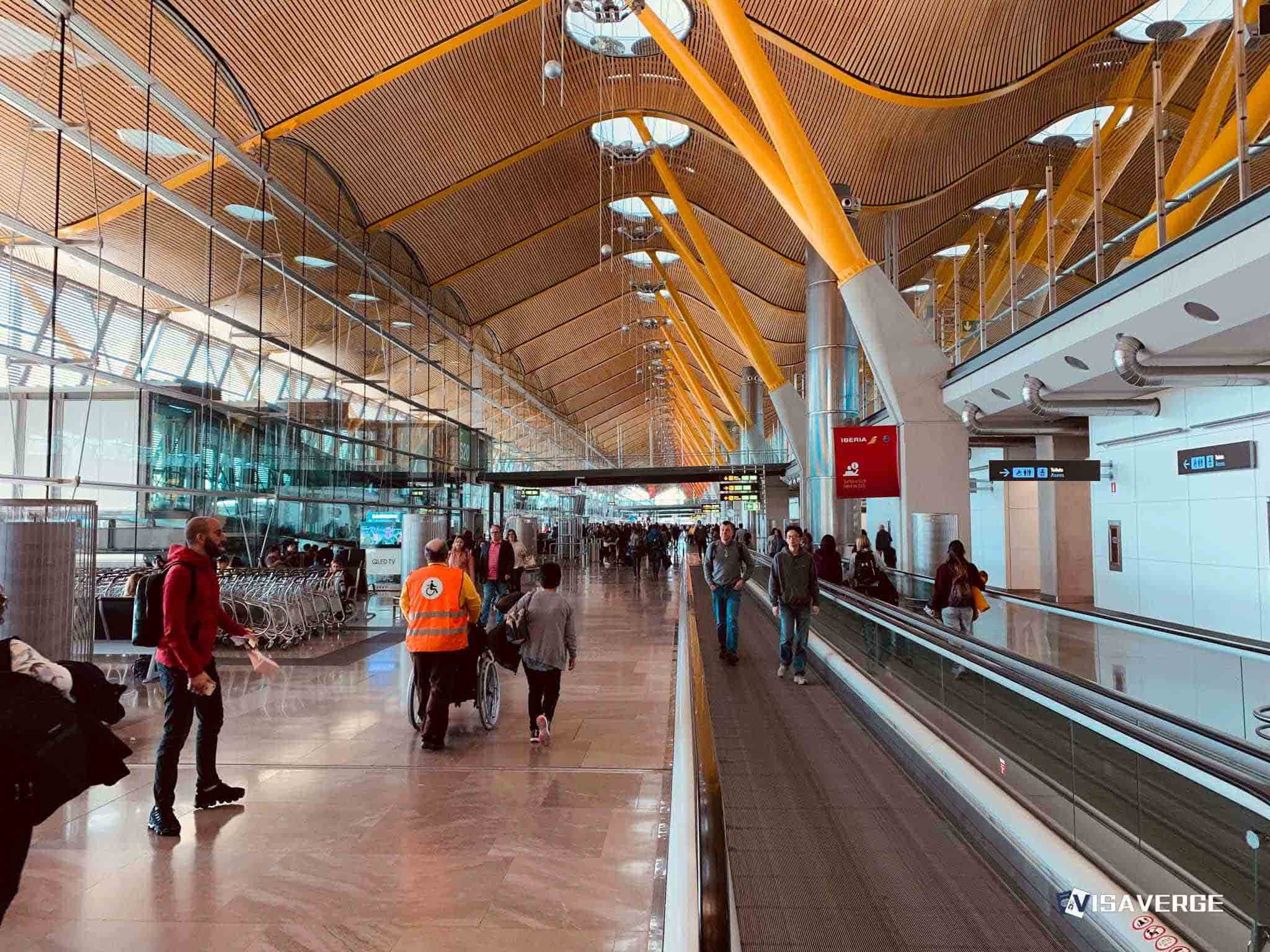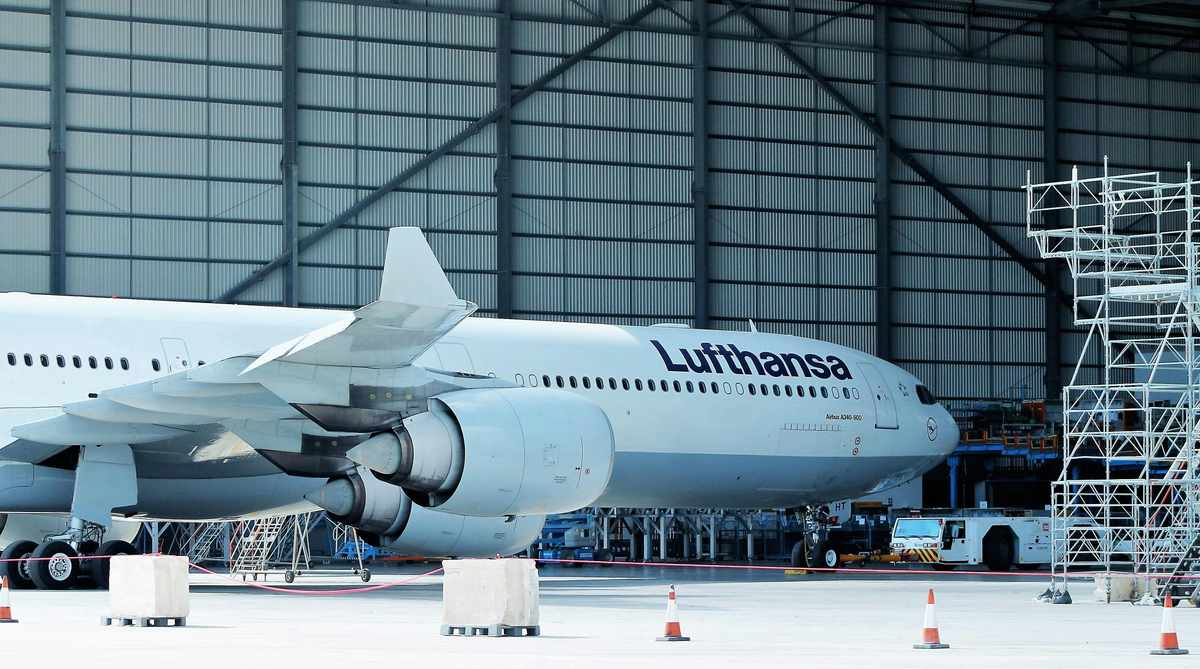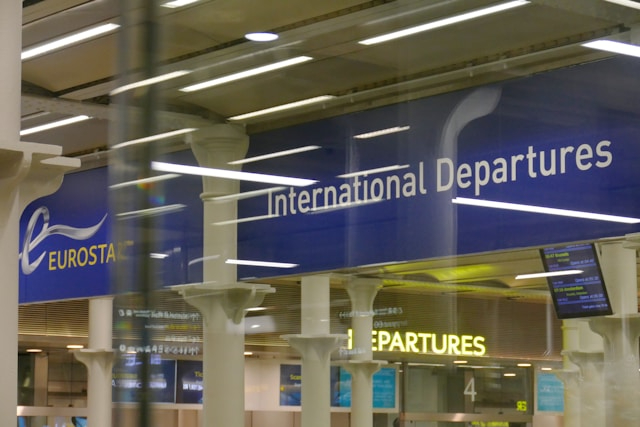Key Takeaways
• U.S. embassies in Mexico halted all new student visa interviews since July 2025, causing long delays.
• Student visa denial rate reached 41% in 2023-2024; over 1,800 visas revoked in 2025 alone.
• Wait times for visa appointments now extend up to 14 months, limiting Mexican students’ exchange programs.
Mexican Exchange Students and U.S. Visa Delays: An Analytical Review of the 2025 Crisis
Purpose and Scope
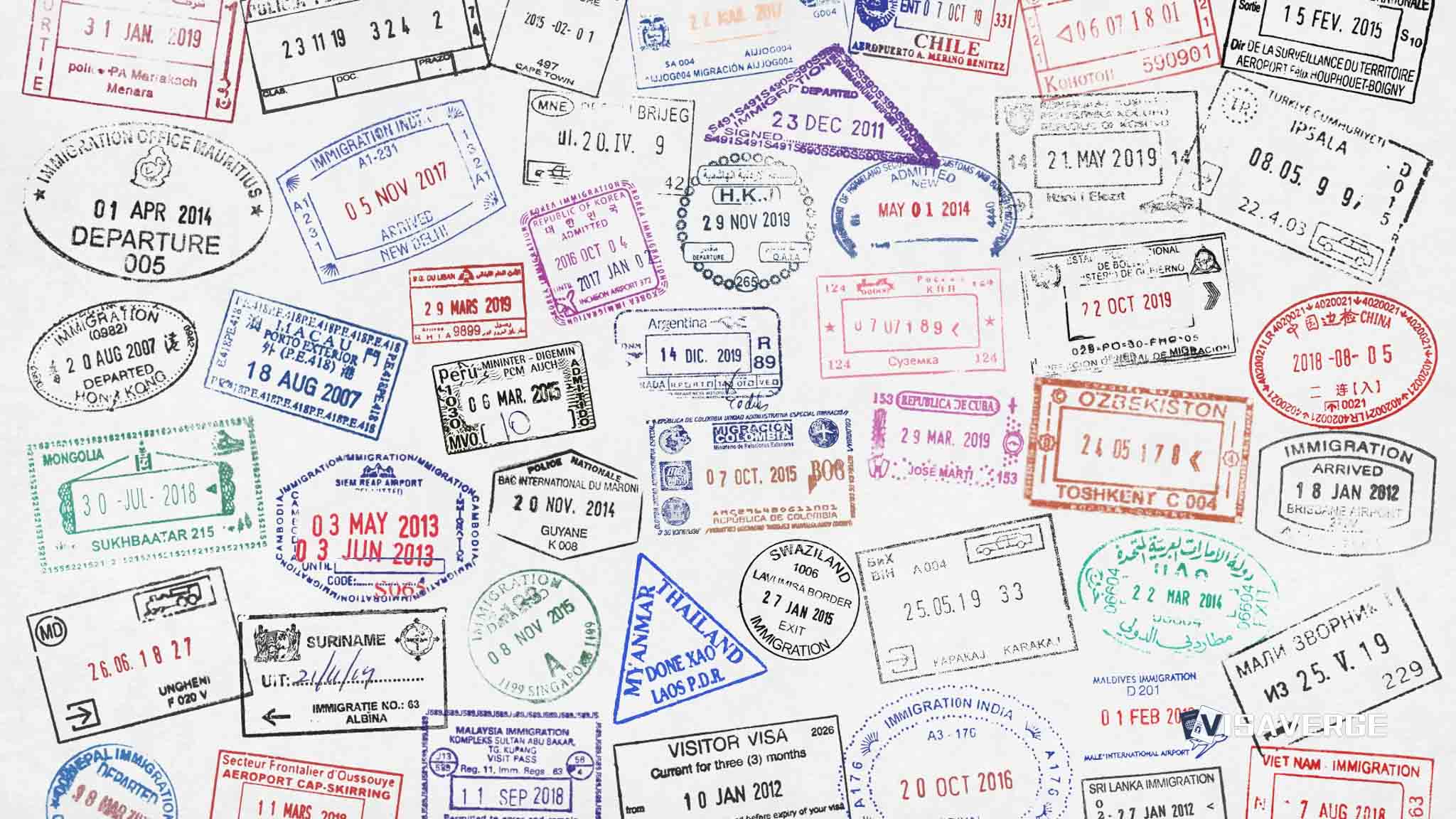
This analysis examines the ongoing visa delay crisis affecting Mexican exchange students in 2025, with a focus on the direct impact on planned visits to Longmont and other U.S. destinations. The review covers the latest policy changes, administrative actions, and their practical consequences for students, educational institutions, and host communities. The goal is to provide a clear, evidence-based understanding of the situation, highlight trends and patterns, and offer practical guidance for those affected.
Methodology
The analysis draws on official U.S. government communications, statements from higher education organizations, and recent quantitative data on visa processing and denial rates. It synthesizes information from embassy updates, policy documents, and expert commentary to present a comprehensive picture. Data is presented in clear, accessible language, with comparisons to historical trends and a focus on real-world implications for Mexican exchange students and their U.S. hosts, including Longmont.
Key Findings
- Suspension of New Student Visa Interviews: As of July 2025, U.S. embassies and consulates in Mexico have paused all new interviews for student (F, M) and exchange visitor (J) visas.
- Enhanced Social Media Vetting: All student visa applicants now face expanded social media and security checks, increasing processing times and uncertainty.
- Record Wait Times and Backlogs: Appointment wait times have reached up to 14 months, with strict limits on rescheduling and penalties for missed appointments.
- High Denial and Revocation Rates: The U.S. denied 41% of student visa applications between 2023 and 2024, the highest in a decade. Over 1,800 student visas have been revoked in 2025 alone.
- Severe Impact on Exchange Programs: Many Mexican exchange students are unable to participate in planned programs, including visits to Longmont, due to these delays and restrictions.
- No Clear Timeline for Resolution: There is no announced end date for the current restrictions, leaving students and institutions in a state of uncertainty.
Data Presentation and Visual Description
To better understand the scale and impact of the current visa crisis, the following key data points are presented:
- Student Visa Denial Rate (2023–2024): 41% (highest in 10 years)
- Visa Appointment Wait Times (2025): Up to 14 months in some locations
- Student Visa Revocations (2025): Over 1,800 nationwide, with more than 300 in a few weeks during spring
- Interview Waiver Processing Time: 8–10 weeks for eligible renewals
These figures show a sharp increase in both delays and denials compared to previous years, reflecting the impact of new policies and administrative actions.
Comparisons, Trends, and Patterns
Historical Context and Recent Shifts
Before the pandemic, Mexican exchange students typically faced moderate wait times for U.S. visas, with most applications processed within a few weeks. The COVID-19 pandemic caused severe backlogs, but by 2024, processing times had started to improve. However, the policy changes introduced in 2025 under the Trump administration have reversed these gains, leading to the current crisis.
Key Trends:
- Increased Security Measures: The expansion of social media vetting for all student visa applicants marks a significant shift from previous policies, which focused on specific groups or individuals.
- Administrative Backlogs: The suspension of new interviews and strict rescheduling rules have created a bottleneck, with thousands of students unable to secure appointments.
- Higher Denial and Revocation Rates: The sharp rise in visa denials and revocations, often for minor infractions or social media activity, has added to the uncertainty for students.
Comparative Impact:
- Mexican Exchange Students: Face some of the longest wait times and highest denial rates, directly affecting their ability to participate in exchange programs.
- U.S. Host Communities (e.g., Longmont): Experience reduced cultural exchange, economic loss, and decreased global engagement as fewer students are able to visit.
- Educational Institutions: Lose tuition revenue, international partnerships, and the benefits of a diverse student body.
Evidence-Based Conclusions
The current visa delay crisis is the result of a combination of policy changes, administrative actions, and ongoing backlogs. The suspension of new student visa interviews, expanded social media vetting, and strict rescheduling rules have created significant barriers for Mexican exchange students. The high denial and revocation rates further discourage participation in exchange programs.
Impact on Stakeholders
- Mexican Exchange Students and Families: Many students are unable to plan or participate in exchange programs, leading to disappointment, financial loss, and missed educational opportunities.
- U.S. Universities and Host Communities: Institutions like those in Longmont lose out on the cultural, academic, and economic benefits that international students bring.
- Higher Education Associations: Organizations such as NAFSA and the American Council on Education have publicly criticized the new restrictions, warning of long-term damage to the U.S.’s reputation as a welcoming destination for global talent.
- U.S. State Department and Consular Officials: Face increased pressure to balance security concerns with the need to support international education and maintain global engagement.
Practical Implications for Mexican Exchange Students
The current situation leaves many Mexican exchange students in a difficult position. With no new interviews being scheduled and long wait times for existing appointments, students must carefully consider their options. Some may be eligible for interview waivers if renewing the same visa class within 12 months of expiration, but even these cases face processing times of 8–10 weeks.
For those with urgent needs, expedited appointments are available but rarely granted and subject to strict criteria. Students must also prepare for enhanced scrutiny of their social media and background information, as even minor infractions can lead to visa denial or revocation.
Step-by-Step Guidance for Affected Students
- Monitor Official Updates:
Regularly check the U.S. Embassy in Mexico’s visa page for the latest information on policy changes and appointment availability. - Check Email for Notifications:
Watch for legitimate rescheduling offers from [email protected] if you have an existing appointment. - Consider Expedited Requests:
If your program start date is near and you have a compelling need, follow embassy instructions to request an emergency appointment. - Prepare for Enhanced Scrutiny:
Be aware that all social media and background information may be reviewed as part of the application process. - Explore Online or Alternative Programs:
If unable to secure a visa, ask your host institution about remote participation or deferred admission options.
Limitations of the Analysis
This review is based on publicly available data and official statements as of July 2025. The situation is subject to rapid change due to ongoing policy decisions, legal challenges, and administrative actions. There may be differences in how individual embassies and consulates implement these policies, and not all data on visa processing and denial rates is publicly available. The analysis does not cover the experiences of students from countries other than Mexico, though many face similar challenges.
Stakeholder Responses and Expert Commentary
Higher Education Community
Organizations such as NAFSA and the American Council on Education have strongly criticized the new restrictions, arguing that they unfairly target international students and harm the U.S.’s reputation as a leader in global education. They point to the economic and cultural contributions of international students, who bring billions of dollars to the U.S. economy and enrich campus life.
Legal and Policy Experts
Experts note that the new policies represent a sharp break from past practice, with visa and SEVIS status now being terminated simultaneously. This forces immediate departure and leaves little recourse for appeal, creating additional stress and uncertainty for students.
Government Statements
State Department officials maintain that the measures are necessary for national security and to address concerns about antisemitism and campus unrest. However, they have provided limited transparency or guidance on when normal processing will resume, leaving students and institutions in a state of limbo.
Practical Examples and Scenarios
Consider the case of a group of Mexican exchange students who planned to visit Longmont for a summer program. After months of preparation and financial investment, they found themselves unable to secure visa appointments due to the suspension of new interviews. Some had existing appointments but faced long wait times and strict rescheduling rules. A few tried to request expedited appointments but were denied due to the narrow criteria. As a result, the program was canceled, disappointing both the students and their U.S. hosts.
Economic and Institutional Impact
The loss of international students has significant economic consequences for U.S. universities and host communities. According to analysis by VisaVerge.com, international students contribute billions of dollars to the U.S. economy each year, supporting jobs and local businesses. The current crisis threatens this vital source of revenue and undermines the global competitiveness of U.S. higher education.
Future Outlook
There is no clear timeline for when new student and exchange visa interviews will resume. The situation depends on ongoing policy decisions and could change rapidly depending on further executive actions or legal challenges. In the meantime, affected students should stay informed, consider alternative options, and consult with their host institutions for guidance.
Official Resources and Next Steps
For the most up-to-date information, students and institutions should regularly consult the U.S. Embassy & Consulates in Mexico visa page. The embassy website provides details on appointment scheduling, interview waivers, and contact information for the Visa Call Center.
Summary of Actionable Takeaways
- Stay Informed: Regularly check official embassy updates and your email for notifications about appointments.
- Be Prepared: Gather all required documents and be ready for enhanced scrutiny of your social media and background information.
- Explore Alternatives: If unable to obtain a visa, ask your host institution about online or deferred program options.
- Seek Support: Contact your university’s international office or the Visa Call Center for assistance and guidance.
Conclusion
The 2025 visa delay crisis has created significant barriers for Mexican exchange students hoping to visit Longmont and other U.S. destinations. The suspension of new interviews, expanded vetting, and administrative backlogs have left many students unable to participate in exchange programs. While the situation remains uncertain, staying informed and exploring alternative options can help students and institutions navigate these challenges. For the latest updates and official guidance, visit the U.S. Embassy & Consulates in Mexico visa page.
As reported by VisaVerge.com, the current crisis highlights the need for clear, fair, and efficient visa policies that support international education and global engagement. Until such policies are restored, Mexican exchange students and their U.S. hosts must adapt to a rapidly changing landscape, with patience and resilience as their best tools.
Learn Today
Visa Denial Rate → Percentage of visa applications rejected by authorities during a specific period.
Student Visa (F, M) → Nonimmigrant visas for academic and vocational students studying in the United States.
Exchange Visitor Visa (J) → Visa category for individuals participating in approved exchange programs for education or training.
Social Media Vetting → Expanded security process reviewing applicants’ online activity to assess eligibility for visas.
Interview Waiver → Policy allowing eligible visa applicants to renew without an in-person interview, shortening processing time.
This Article in a Nutshell
In 2025, U.S. visa delays severely impact Mexican exchange students, halting interviews and increasing denials. This crisis disrupts programs in Longmont, causing financial loss and cultural setbacks, with no clear resolution date. Students face longer waits and strict vetting, challenging international educational exchanges profoundly.
— By VisaVerge.com


